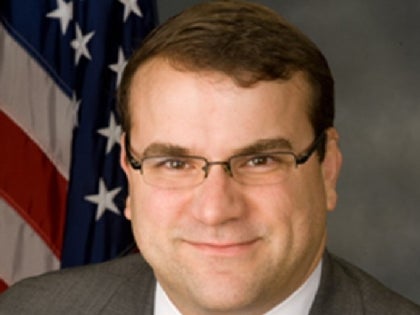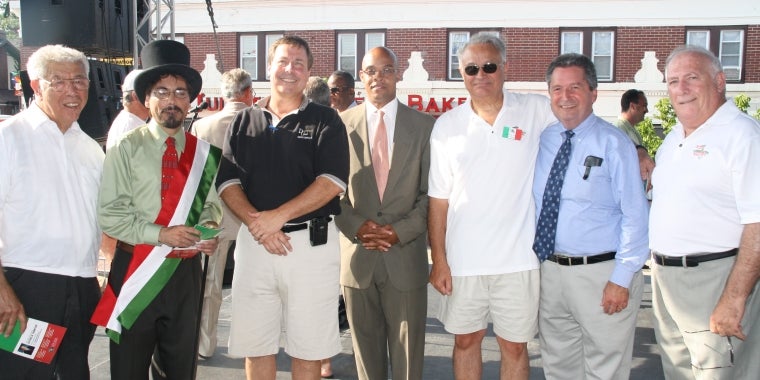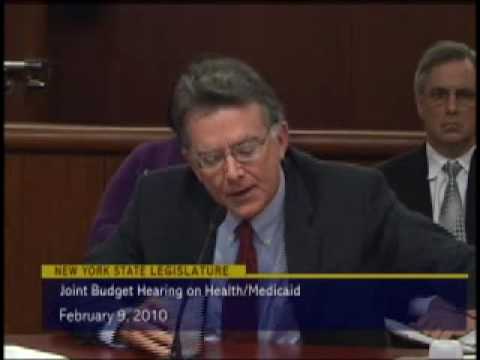
Senator Craig Johnson: Third Track Costs Keep Rising
Senator Craig M. Johnson blasted the MTA/ LIRR for once again ignoring the wishes of Main Line communities by continuing to go forward with its controversial Third Track Expansion project, even as its projected costs continue to increase.
MTA officials now estimate that it would cost $1.5 billion to complete the project. As recently as March, Third Track was projected to cost $1.3 billion. Last year, it was pegged at $1 billion.
This increase comes with no information on how the MTA plans to pay for the Third Track. The project is part of the MTA's 5-year Capital Plan, which was intended to have been funded in part by revenue from the now dead congestion tax proposal for lower Manhattan. Senator Johnson opposed congestion pricing, as he opposes this project.
"The price tag on Third Track keeps going up, the justifications for this project continue to shift, and revenues keep drying up. The only thing that remains constant is the opposition from the vast majority of those who live in the communities this project will cut through," Senator Johnson said. "Given all of these factors, the MTA/LIRR should be reevaluating their game plan, but yet everything indicates that they intend continue to pursue this wrongheaded project."
Among these indications, the MTA has posted a job listing on its Web site for a "director" to guide the project through the regularity process and "manage public outreach."
Senator Johnson said the MTA/ LIRR's apparent unwillingness to reexamine this project has made it even more important that his legislation, The Main Line Community Empowerment Act, (S.7037), becomes law.
The measure would allow the construction of the Third Track only with the approval of two thirds of the town and village governments from the communities that the track will run through. Any vote would come only after the affected governments (the Village Boards of Trustees in Bellerose, Floral Park, New Hyde Park, Garden City, Mineola and Westbury, which represent the incorporated communities, and the Town Boards in Hempstead, North Hempstead, and Oyster Bay, which represent the unincorporated areas) hold public hearings that will give residents a chance to gather information and voice their opinions on the project.
The bill is currently in the Senate Transportation Committee.

